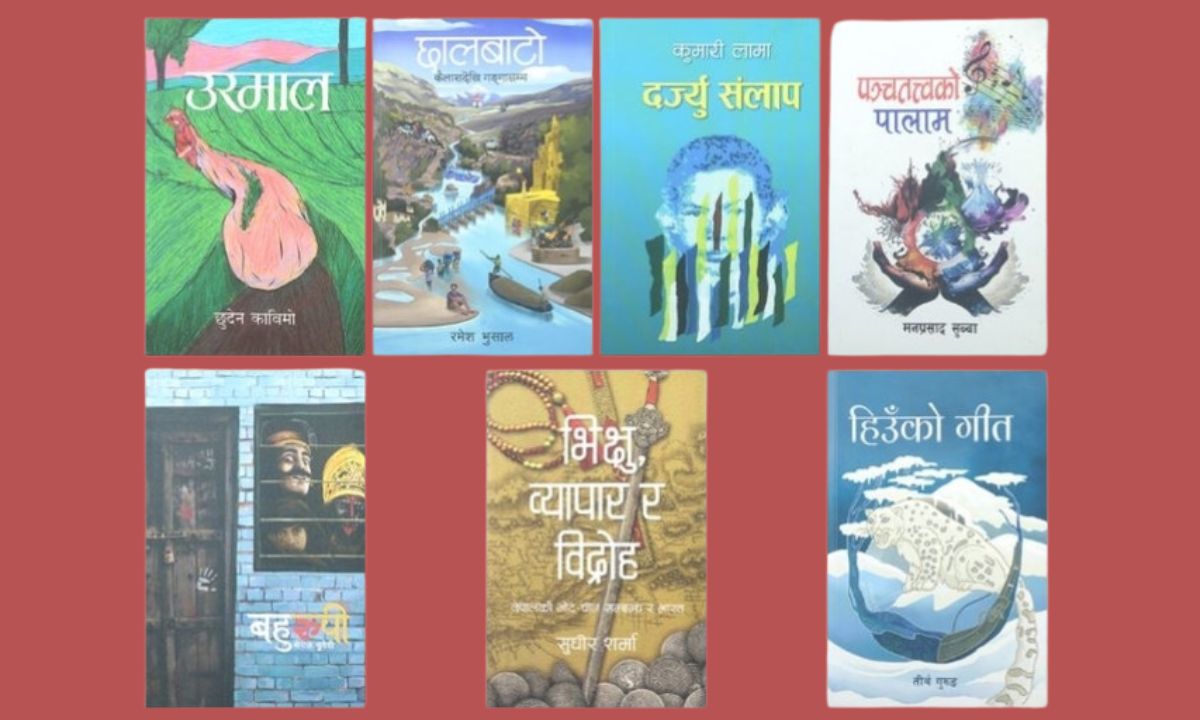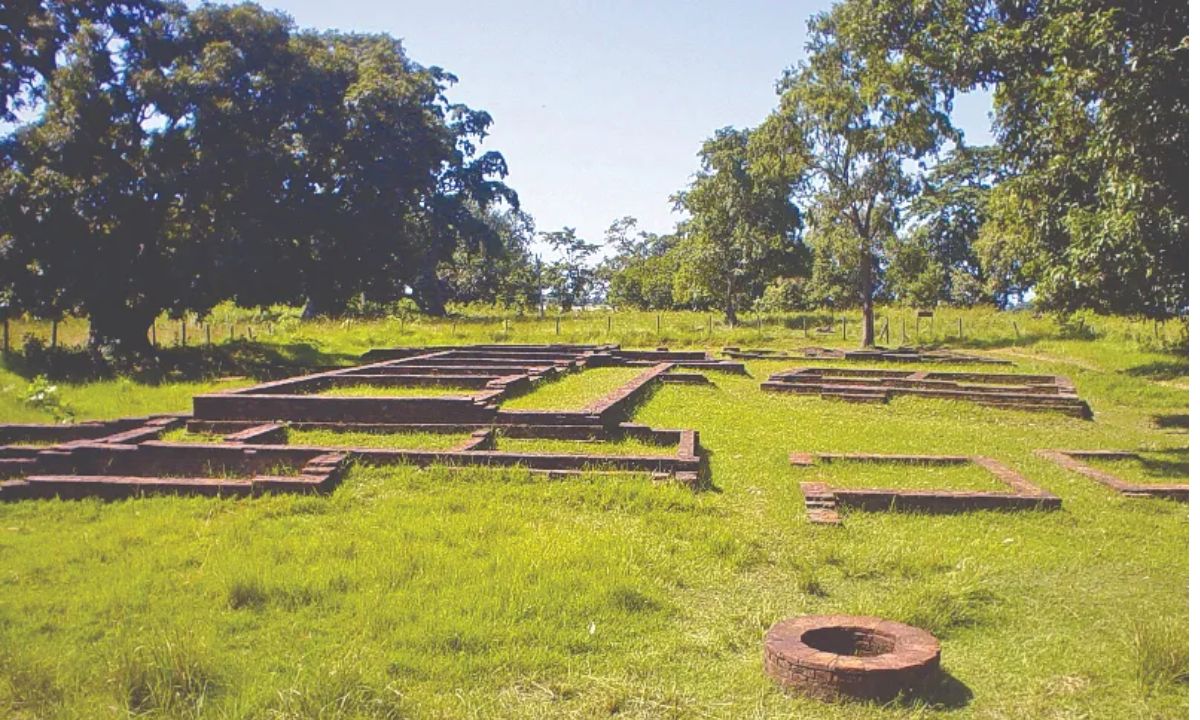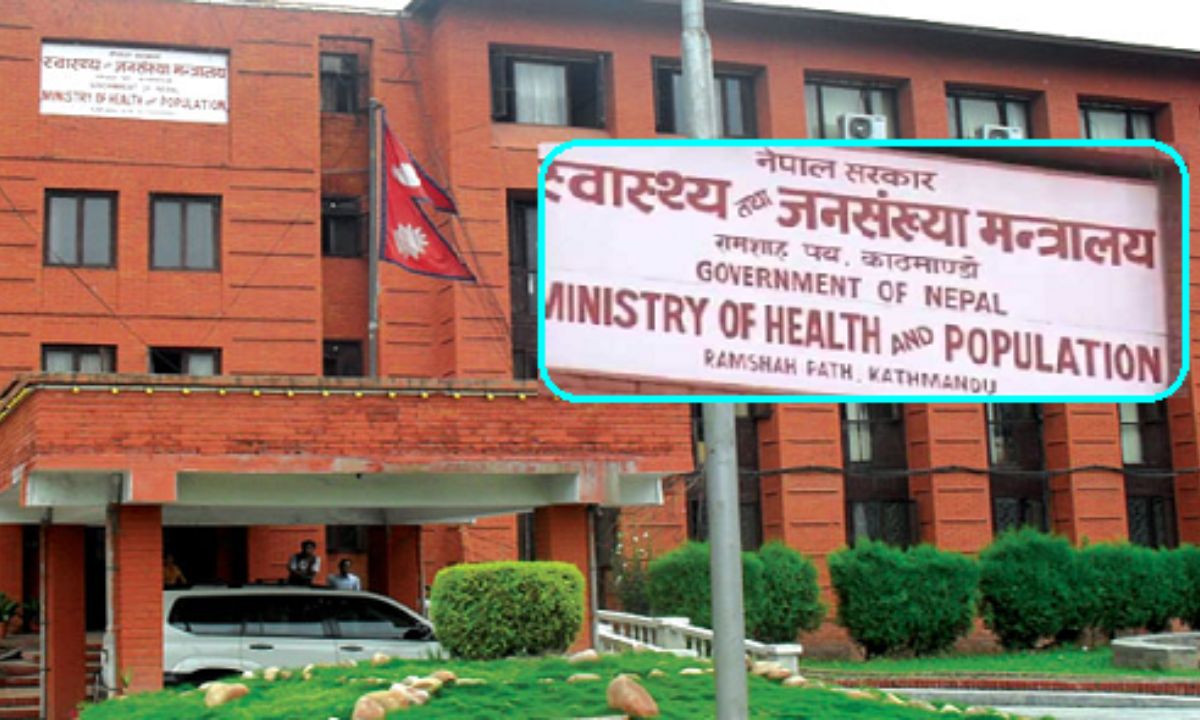A recent agreement between Nepal’s government and transport entrepreneurs to halt ride-sharing regulations has sparked controversy — directly contradicting a Supreme Court ruling from just a year ago.
In mid-2081 BS (July 2024 AD), the Supreme Court had ordered the government to regulate and legalize ride-sharing apps like Pathao and inDrive, not ban them. The bench, led by Chief Justice Bishwambhar Prasad Shrestha and Justice Tek Prasad Dhungana, stated that banning ride-sharing would be unjust and out of sync with global trends.
Points from the Supreme Court’s Ruling
- Ride-sharing should not be banned, but rather made legal and safer through clear legal frameworks.
- Pathao’s license cancellation demand was rejected; instead, the court stressed regulation.
- The court cited consumer rights, employment, and entrepreneurship as valid reasons to support the service.
- It urged the creation of specific legal provisions for vehicle registration, management, inspection, and operation under ride-sharing services.
- It emphasized that the practice is aligned with global trends and should not be discouraged in Nepal.
What’s the Current Conflict?
- Gandaki Province had moved to legally recognize ride-sharing services, including use of red-plated private vehicles for carrying passengers.
- In response, transport entrepreneurs protested nationwide, causing a public transport shutdown.
- The federal government stepped in, agreeing to temporarily halt the Gandaki regulation after talks with transport leaders.
- This agreement contradicts the Supreme Court’s earlier direction to regulate and support ride-sharing instead of obstructing it.
The court’s ruling also criticized the delay in implementing these legal provisions, even though ride-sharing had already been classified as a service-based industry under Nepal’s Industrial Enterprises Act (2076 BS).




